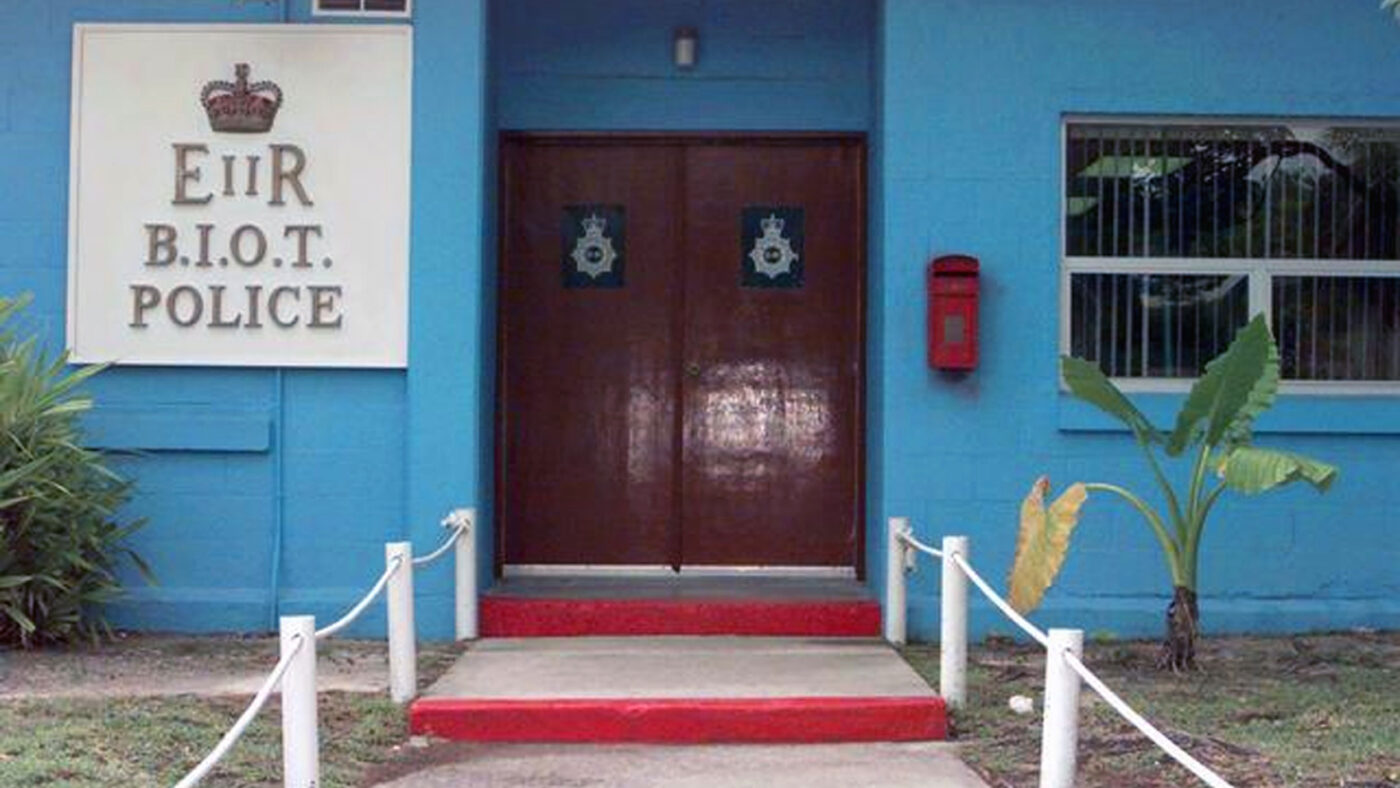The new Foreign Secretary has been quick to reassert his presence on the world stage, glad-handing President Zelenskyy in Kyiv and addressing dignitaries at a global summit in London. But while Ukraine and the Middles East are likely to dominate his in-tray, there is a conflict over a British territory that he should not neglect.
The Chagos Archipelago is an unusual relic of the British Empire, ascribed significant military value due to its central location in the Indian Ocean. While Britain hurriedly shed many of its imperial possessions after the Second World War, the Chagos Archipelago was cleaved from its administrative union with Mauritius in November 1965, becoming part of the British Indian Ocean Territory (BIOT).
In the following decade, the UK gradually converted the Chagos Archipelago’s largest island, Diego Garcia, into a military base shared with the US. As part of the process, up to several thousand Chagossians were exiled from the island chain, sent mainly to Mauritius, the Seychelles and the UK.
Since then, former island residents and their families have repeatedly called to be returned to the Chagos Archipelago. Their calls have been conflated with separate pressure from Mauritius and various international bodies for the UK to cede control of the islands to Mauritius.
Until now, this has been something of a fringe interest. It was no surprise when Jeremy Corbyn – a man who has yet to see a British security interest he isn’t happy to oppose – promised to hand over the islands as Labour leader.
But it could be about to explode into the mainstream. In one of the lesser known acts of her brief premiership, Liz Truss opened negotiations over sovereignty of the Chagos Archipelago with Mauritius in November 2022, in what was interpreted as the first step towards the UK ceding control. In September 2023, former prime minister and current Daily Mail columnist Boris Johnson warned that it was a ‘done deal‘.
Such news, if true, would certainly suit Corbyn and those who share his scepticism of the UK power abroad. Peter Harris, an associate professor of political science at Colorado State University, put the view succinctly when he claimed that BIOT ‘is illegal, unpopular, unsustainable, and unnecessary’. ‘Decolonisation in one form or another is an inevitability,’ he said, writing in The Diplomat.
One reason for his confidence was an advisory opinion from the International Court of Justice (ICJ) in February 2019, which concluded that the decolonisation of Mauritius ‘was not lawfully completed’, and that the UK should cede control of the Chagos Archipelago ‘as rapidly as possible’. The ICJ’s opinion had already led other United Nations bodies to infer that Mauritius is the proper sovereign of the islands.
Not everyone is so persuaded. A report from Policy Exchange argued that the ICJ opinion ‘does not and cannot place the UK under an obligation to cede the Chagos Islands to Mauritius’. It also noted that the Mauritian’s historical claims to the island are dubious, the links between the two territories being mostly due to administrative convenience.
Either way, much international law is just international politics by another name. And at an uncertain time for the global balance of military power, the UK must focus on the wider strategic case, which points decisively towards retaining control of the Chagos Archipelago.
Challenges to US military hegemony have grown considerably since the turn of the century. Russia’s invasion of Ukraine shows the Cold War adversary is happy to fight ostensible Western allies, while Chinese military expansion poses a looming threat to Taiwan, Japan and Korea.
In this context, Western governments should be reluctant to jeopardise control of critical military infrastructure, even at risk of international censure. As Lord West, former First Sea Lord, wrote in his introduction to the Policy Exchange report, Diego Garcia ‘is a strategic jewel’, providing access to choke points across the breadth of the Indian Ocean.
While Mauritius has offered the US a 99-year lease on the Diego Garcia base, this would cut the UK out of the deal and reduce British usefulness to American strategists. From the US perspective, Mauritius is also a less attractive security partner, the country having 47 official development finance projects backed by China, as noted by Lord West.
Surrendering control of the Chagos Archipelago would also encourage calls for the UK to abandon other overseas territories, notably the Falklands. Following the Truss government’s announcement in November 2022, Argentina’s foreign ministry called for similar negotiations over the territory it still calls the Islas Malvinas. Withdrawing from these territories would reduce the ability of the UK and its allies to project power worldwide.
As for the Chagossians, there is little doubt that the wealthier UK is more likely to safeguard their interests than Mauritius. An official feasibility study from 2015 on returning Chagossians to the islands noted the difficulties in providing economic opportunity and safeguarding the environment at a time of climate change – not to mention meeting expectations of UK-style living standards in such a remote location.
That’s coupled with the moral obligation that the UK has to compensate Chagossians, one that Mauritius does not share. Hard as it may be for critics of British foreign policy to bear, in this case our security interests and the rights of formerly colonised people sit better together than apart.
Click here to subscribe to our daily briefing – the best pieces from CapX and across the web.
CapX depends on the generosity of its readers. If you value what we do, please consider making a donation.


